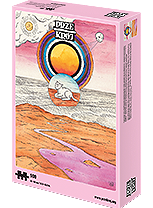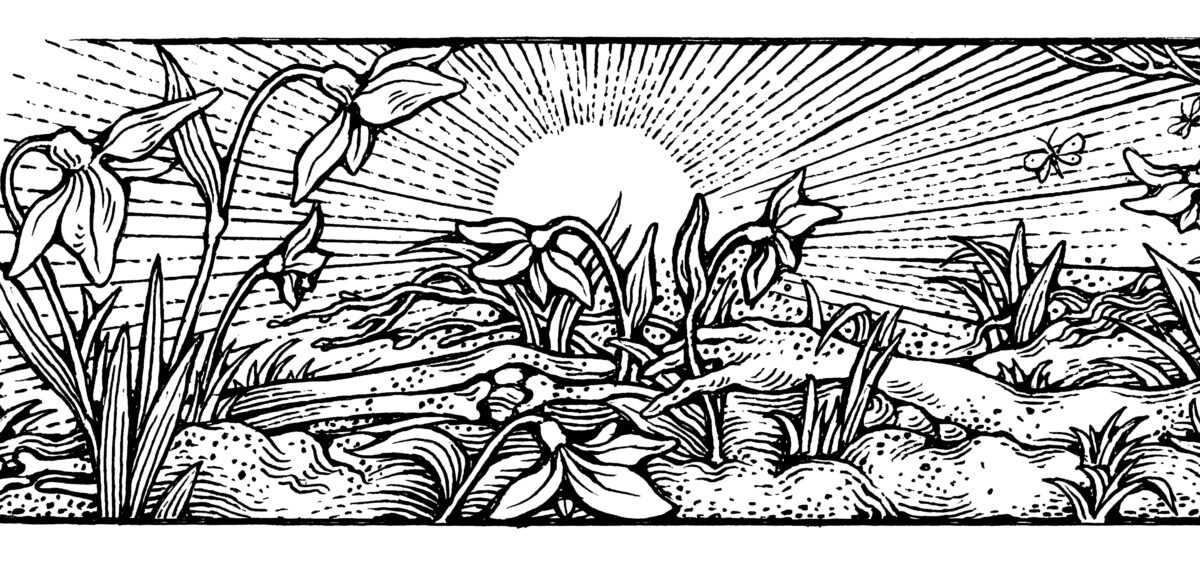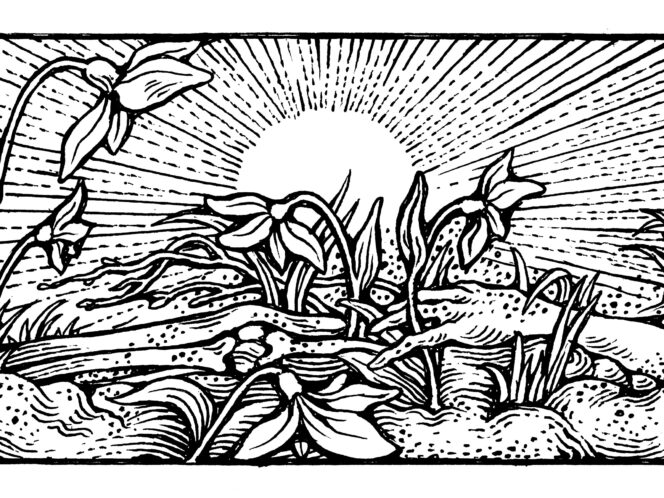
Everything that lives on Earth is subject to decomposition. All of our ancestors did, and so will you—and me. My cat and every print issue of “Przekrój,” too. Don’t be sad and don’t fret, however. Organic material, when allowed, will have new life, due to composting.
Composting is the process of turning old into new, dead into living, useless into nutritional. The word “compost” derives from the Latin componere, meaning “to put together.” This is the simplest principle of matter returning to its living form, recharged and renewed. There’s nothing better, but to compost.
Electricity From Under a Cow’s Tail
Composting is an organic process. Nature knows how to activate it, turning fallen autumn leaves into nutrients for the plants to rise next spring. If uninterrupted, it happens brilliantly. In traditional agriculture, people observed nature and treated food and animal waste in a similar way. When I was






